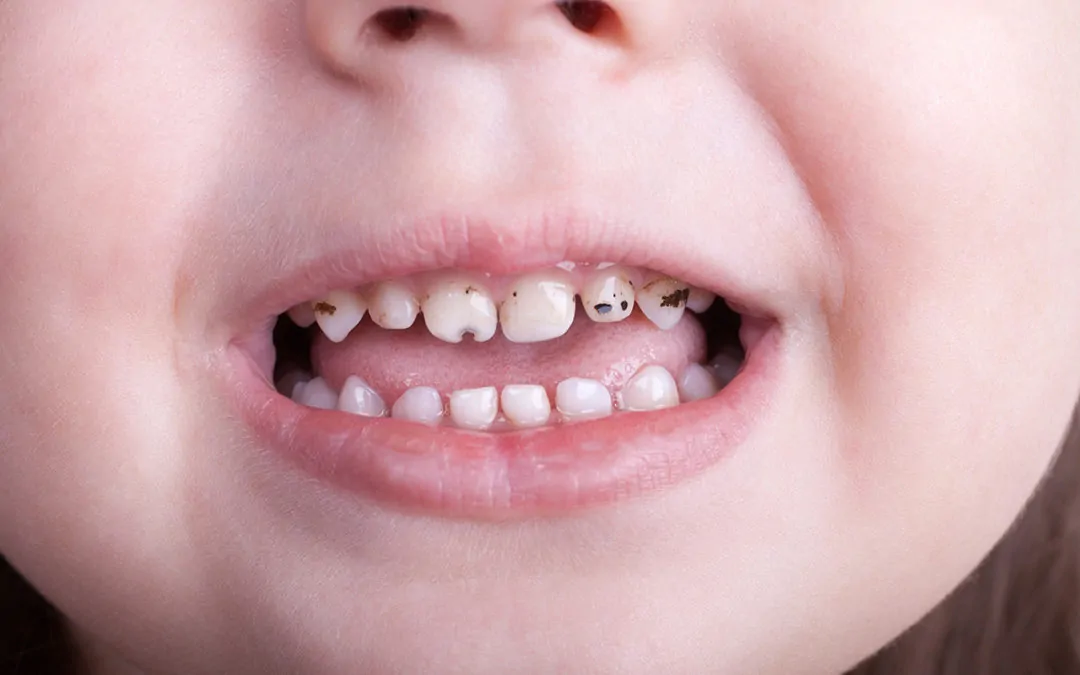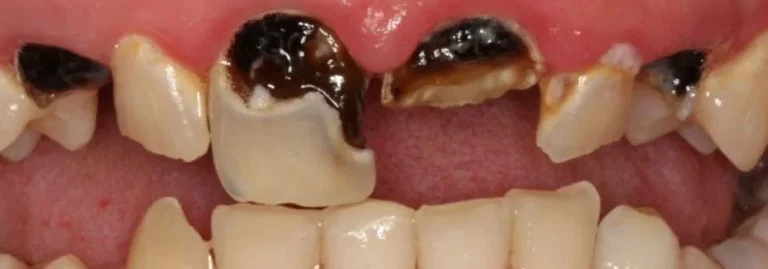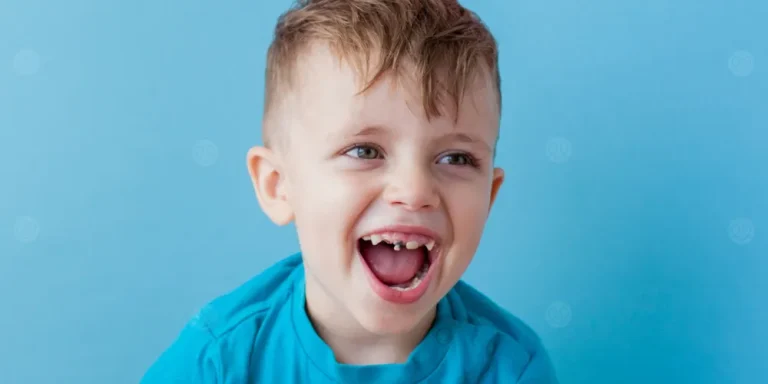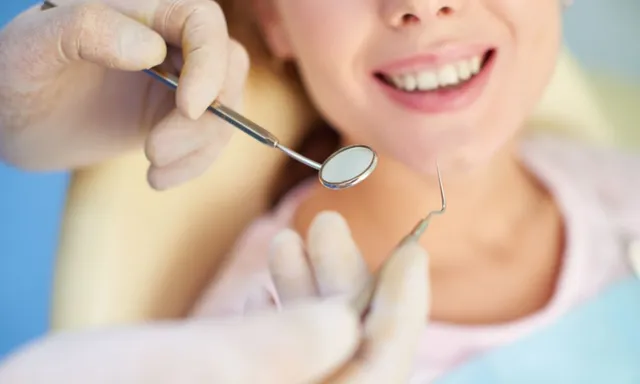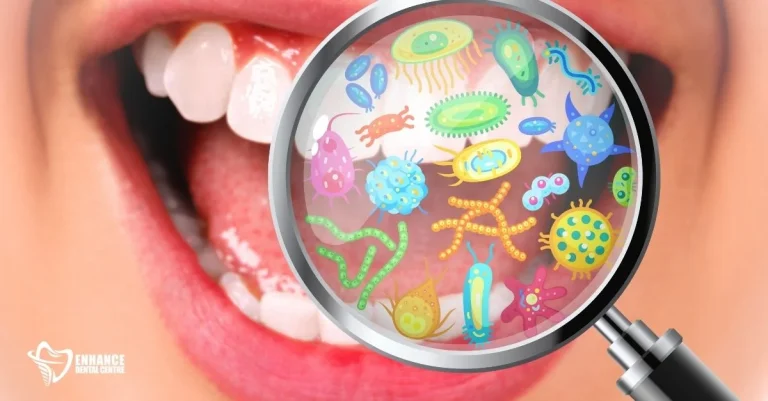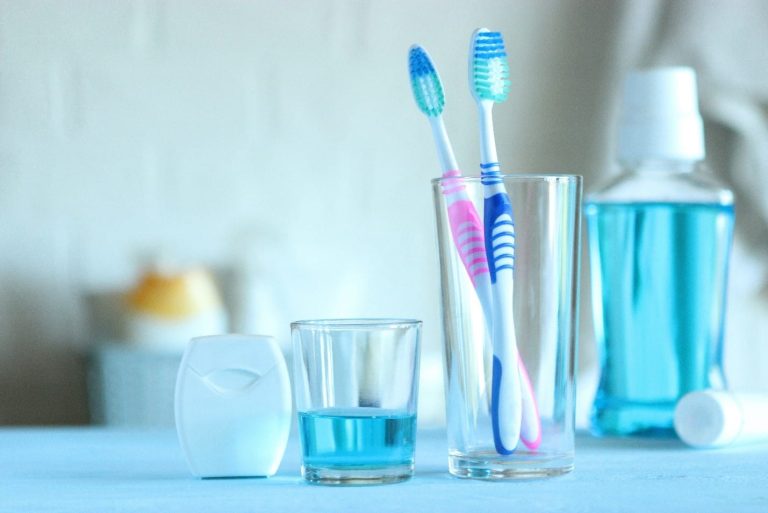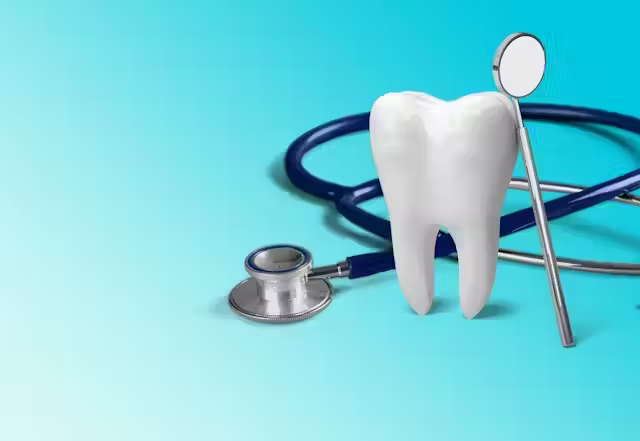Baby Bottle Tooth Decay: Prevention Tips for Infants
Baby Bottle Tooth Decay: Prevention Tips for Infants
Hey there, new parents! Ever heard of baby bottle tooth decay? It’s more common than you might think, and it’s something you definitely want to get a handle on early. Also known as Early Childhood Caries, it’s a type of tooth decay that affects babies and toddlers[. Even though those tiny teeth are just temporary, they’re super important. They help your little one chew, speak, and flash those adorable smiles. Plus, they pave the way for adult teeth to come in straight and strong. So, let’s dive into what causes this issue and, more importantly, how to prevent it.
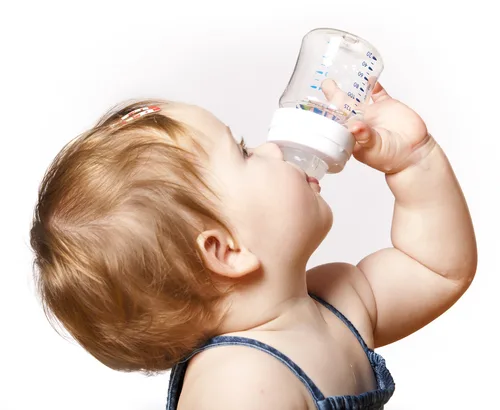
What Causes Baby Bottle Tooth Decay?
So, what exactly causes baby bottle tooth decay? The main culprit is the frequent and long-lasting exposure of a child’s teeth to sugary liquids[. We’re talking milk (yes, even milk has sugar!), formula, fruit juice, sodas, and other sweet drinks. When your baby’s teeth are constantly bathed in these sugary substances, it creates a playground for bacteria. These bacteria produce acids that attack the tooth enamel, leading to decay.
Think of it like this: every time your baby sips on a sugary drink, it’s like an acid attack on their teeth. Over time, these attacks weaken the enamel and cause cavities. And it’s not just bottles; prolonged breastfeeding or pacifiers dipped in sweet stuff can also contribute to the problem.
Another thing to keep in mind is that those cavity-causing microorganisms can actually be passed from you (or another caregiver) to your baby. Sharing saliva through spoons or pacifiers can transfer bacteria. So, as much as you love to share with your little one, it’s best to keep certain things separate when it comes to feeding time.
Safe Feeding Practices to Prevent Tooth Decay in Infants
Alright, now for the good stuff: how to keep those pearly whites healthy! Here are some safe feeding practices to prevent baby bottle tooth decay:
- Avoid sugary drinks at bedtime: Putting your baby to bed with a bottle of milk, formula, or juice is like inviting those bacteria to an all-night party. The sugars sit on their teeth for hours, causing major damage.
- Only fill bottles with milk, formula, or breast milk: It might be tempting to give your baby juice or sugary drinks in a bottle, but it’s a big no-no. Stick to the basics to protect those teeth.
- Finish bottles before bedtime or naptime: Make sure your little one finishes their bottle before they drift off to sleep. This reduces the amount of time their teeth are exposed to sugar.
- Don’t dip pacifiers in sweet stuff: It might seem like a quick fix for a fussy baby, but dipping a pacifier in sugar or honey is a recipe for tooth decay. Just say no to the sweet dip!
- Encourage cup drinking: Start teaching your child to drink from a cup around their first birthday. This helps them move away from constant bottle exposure.
- Healthy diet: Encourage your child to eat a nutritious diet.
Proper Cleaning Techniques for Infant Gums and Teeth
Cleaning your baby’s gums and teeth is crucial, even before those first teeth pop up. Here’s how to do it right:
- Wipe gums with a damp cloth: After each feeding, gently wipe your baby’s gums with a clean, damp gauze pad or washcloth. This helps remove any lingering milk or formula.
- Brush gently with fluoride toothpaste: Once those teeth start to appear, use a child-sized toothbrush and a tiny smear of fluoride toothpaste (about the size of a grain of rice) to brush them.
- Supervise brushing: Until your child is old enough to spit out toothpaste (usually around 6 or 7), supervise their brushing to make sure they don’t swallow it.
- Avoid sharing saliva: As mentioned earlier, don’t share saliva with your baby by using the same spoons or licking pacifiers. It’s all about keeping those bacteria at bay.
- Clean utensils: Before feeding your baby, make sure all utensils are thoroughly cleaned to prevent transferring cavity-causing bacteria from your mouth to theirs.
Importance of Early Dental Visits
When should you take your baby to the dentist? The American Academy of Pediatric Dentistry recommends that a child’s first dental visit should occur within six months of the eruption of the first tooth or by their first birthday, whichever comes first. Early dental visits are all about prevention. Your dentist can spot early signs of decay and give you personalized tips for keeping your baby’s mouth healthy. They can also help you establish good oral care routines that will set the foundation for a lifetime of healthy teeth.
They will be able to treat the bruises. However, if the caries are too advanced and become incurable, the tooth can be extracted.
Taking care of your baby’s teeth might seem like a lot of work, but trust me, it’s worth it. By following these tips and making oral hygiene a priority from the start, you can help your little one keep a bright, healthy smile for years to come.
FAQs
What is baby bottle tooth decay?
Baby bottle tooth decay, also known as Early Childhood Caries, is tooth decay in babies and toddlers caused by prolonged exposure to sugary liquids.
What causes baby bottle tooth decay?
Frequent and long-lasting exposure of a child’s teeth to sugary liquids like milk, formula, juice, and other sweet drinks. Bacteria in the mouth use these sugars to produce acids that attack tooth enamel.
Is milk bad for my baby’s teeth?
Milk contains sugar, so prolonged exposure can contribute to tooth decay. It’s crucial to avoid letting your baby fall asleep with a bottle of milk.
How can I prevent baby bottle tooth decay?
Avoid sugary drinks at bedtime, only fill bottles with milk, formula, or breast milk, finish bottles before sleep, don’t dip pacifiers in sweet substances, and encourage cup drinking.
When should I start cleaning my baby’s gums and teeth?
Start cleaning your baby’s gums from birth, even before teeth appear, using a damp cloth or gauze.
How do I clean my baby’s teeth?
Once teeth appear, use a child-sized toothbrush with a tiny smear (grain of rice size) of fluoride toothpaste. Supervise brushing to prevent swallowing toothpaste.
Is it okay to share spoons or pacifiers with my baby?
No, avoid sharing saliva with your baby through shared utensils or pacifiers, as this can transfer cavity-causing bacteria.
When should my baby have their first dental visit?
The first dental visit should occur within six months of the eruption of the first tooth or by their first birthday, whichever comes first.
Why are early dental visits important?
Early visits help dentists spot early signs of decay, provide personalized oral care tips, and establish good oral hygiene routines.
What happens if baby bottle tooth decay is left untreated?
If left untreated, the tooth can be extracted.

